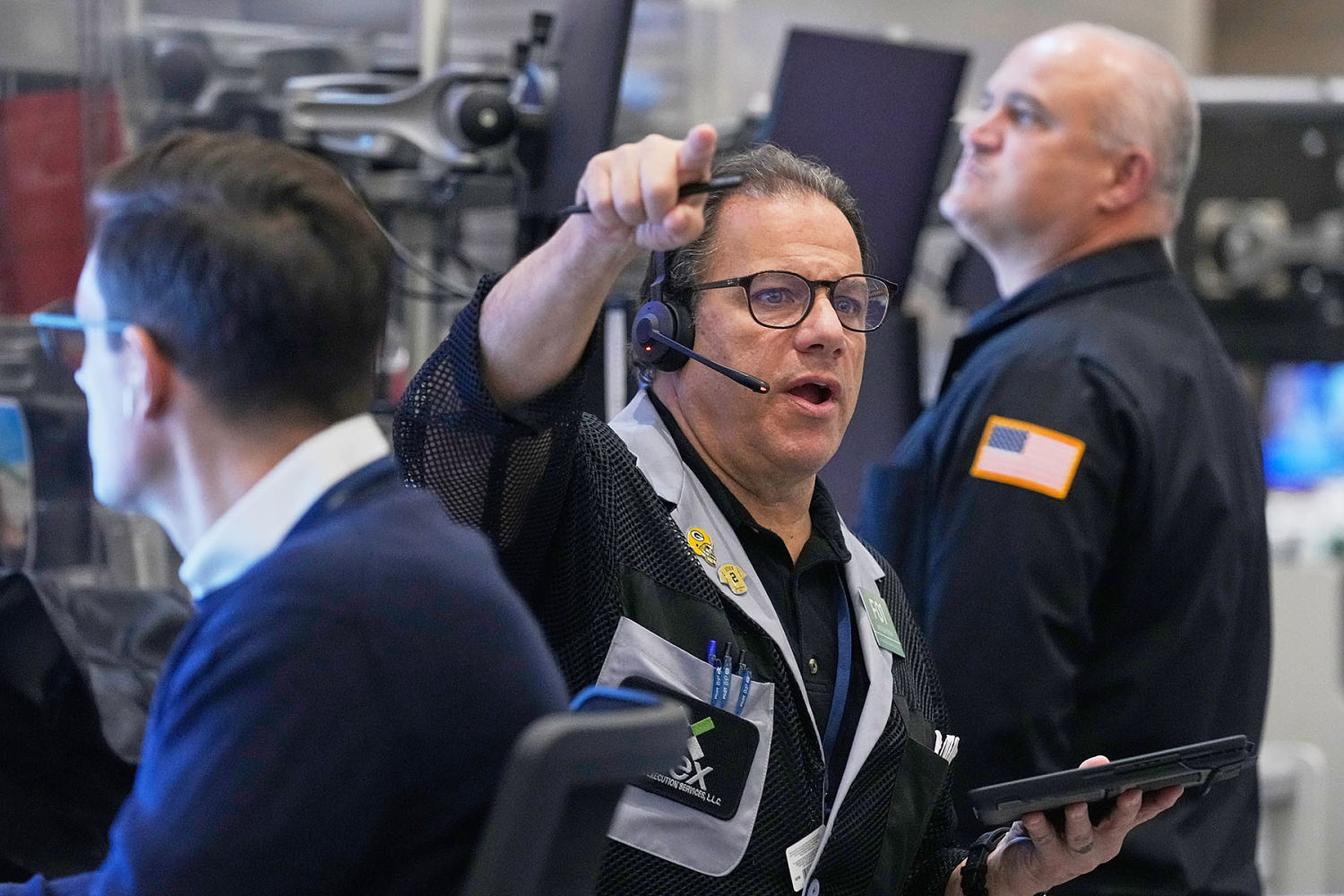
The stock market experienced a significant decline as investors became concerned about the sustainability of the artificial intelligence boom and reduced expectations for Federal Reserve interest rate cuts. The Nasdaq composite fell 2%, the S&P 500 dropped over 1.5%, and the Dow Jones Industrial Average lost nearly 390 points, reversing earlier gains.
This downturn occurred despite a surprisingly strong jobs report that initially boosted market sentiment. Traders' hopes for interest rate cuts, which typically favor stocks, were diminished by the jobs report, leading analysts to believe the Federal Reserve would not cut rates in December.
Concurrently, skepticism about the profitability of companies relying on AI technology resurfaced, amplified by comments from Michael Burry, known for predicting the 2008 financial crisis. The ongoing sell-off in Bitcoin also suggested a weakening of retail investor confidence.
The stock market had already shown signs of weakness in recent weeks, with the S&P 500 reaching its lowest point since September. The jobs report, while indicating a resilient economy with 119,000 jobs added, also presented a mixed picture.
Manufacturing and transportation sectors shed jobs, wage growth slowed, and prior job gains were revised downward. However, gains were concentrated in healthcare, hospitality, and social assistance.
Further economic insights came from Walmart, which reported strong sales by attracting higher-income shoppers seeking deals, indicating that lower-income families are under financial pressure. This trend suggests that consumer spending, a key economic driver, is increasingly reliant on affluent households, making an extended market pullback potentially more damaging to the broader economy.